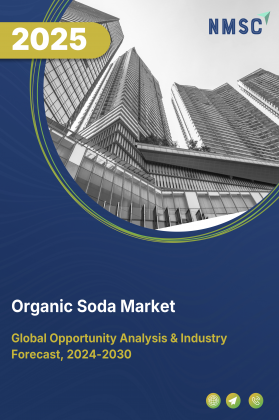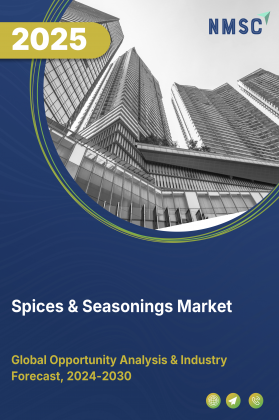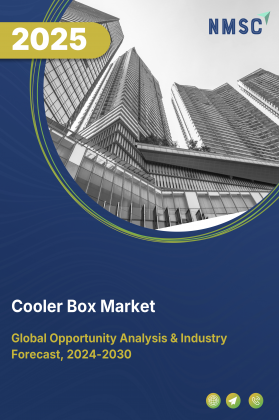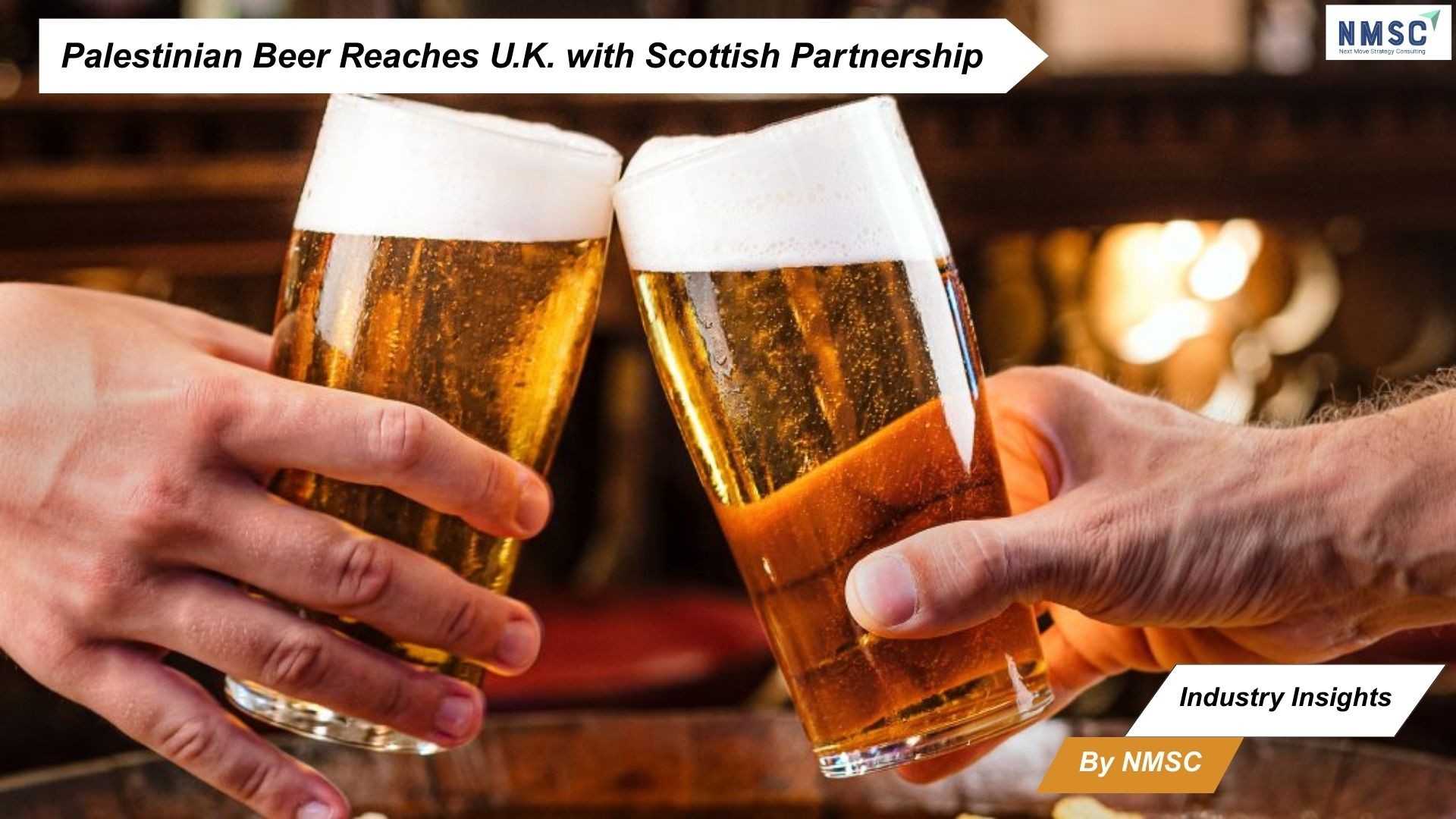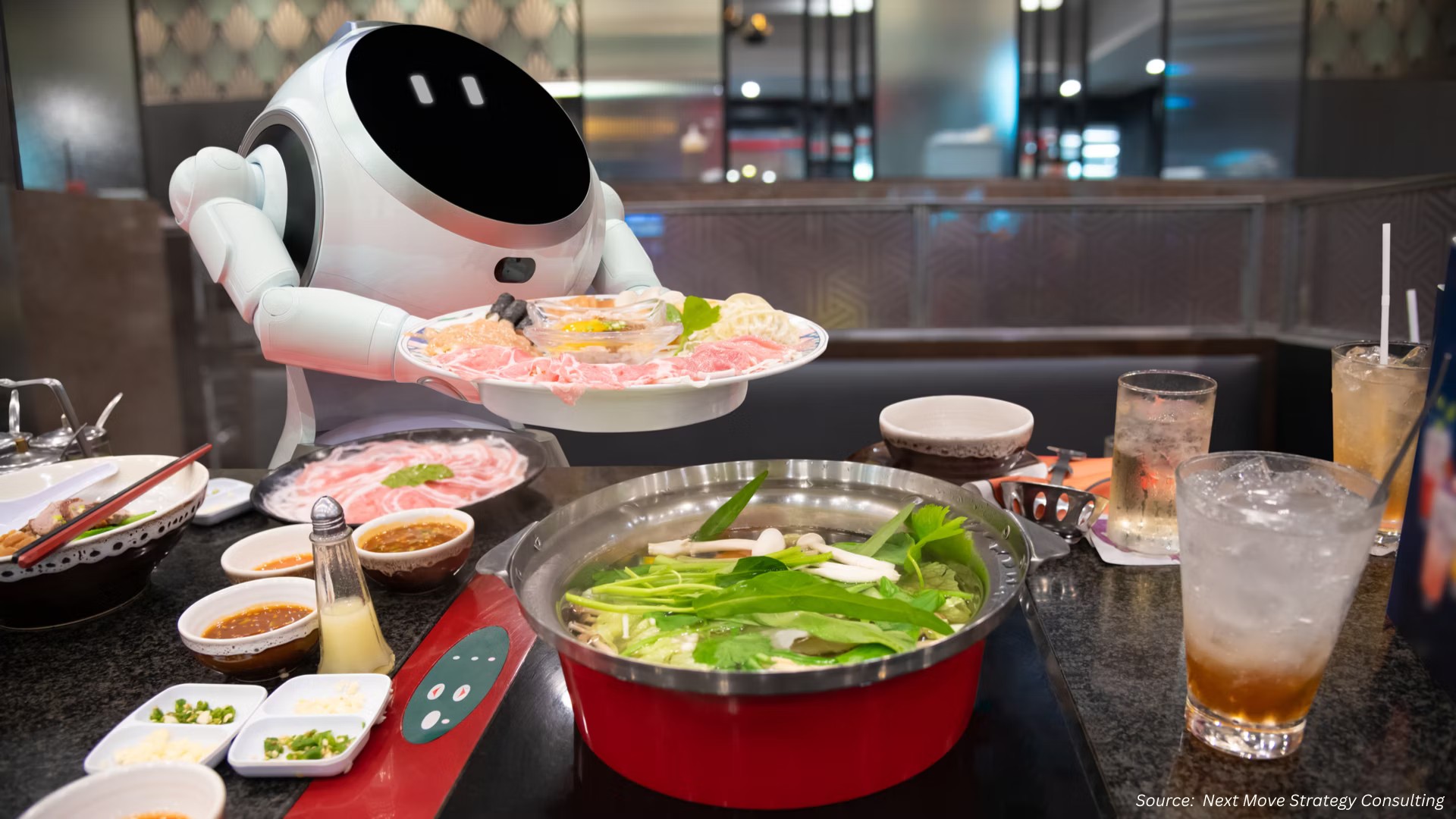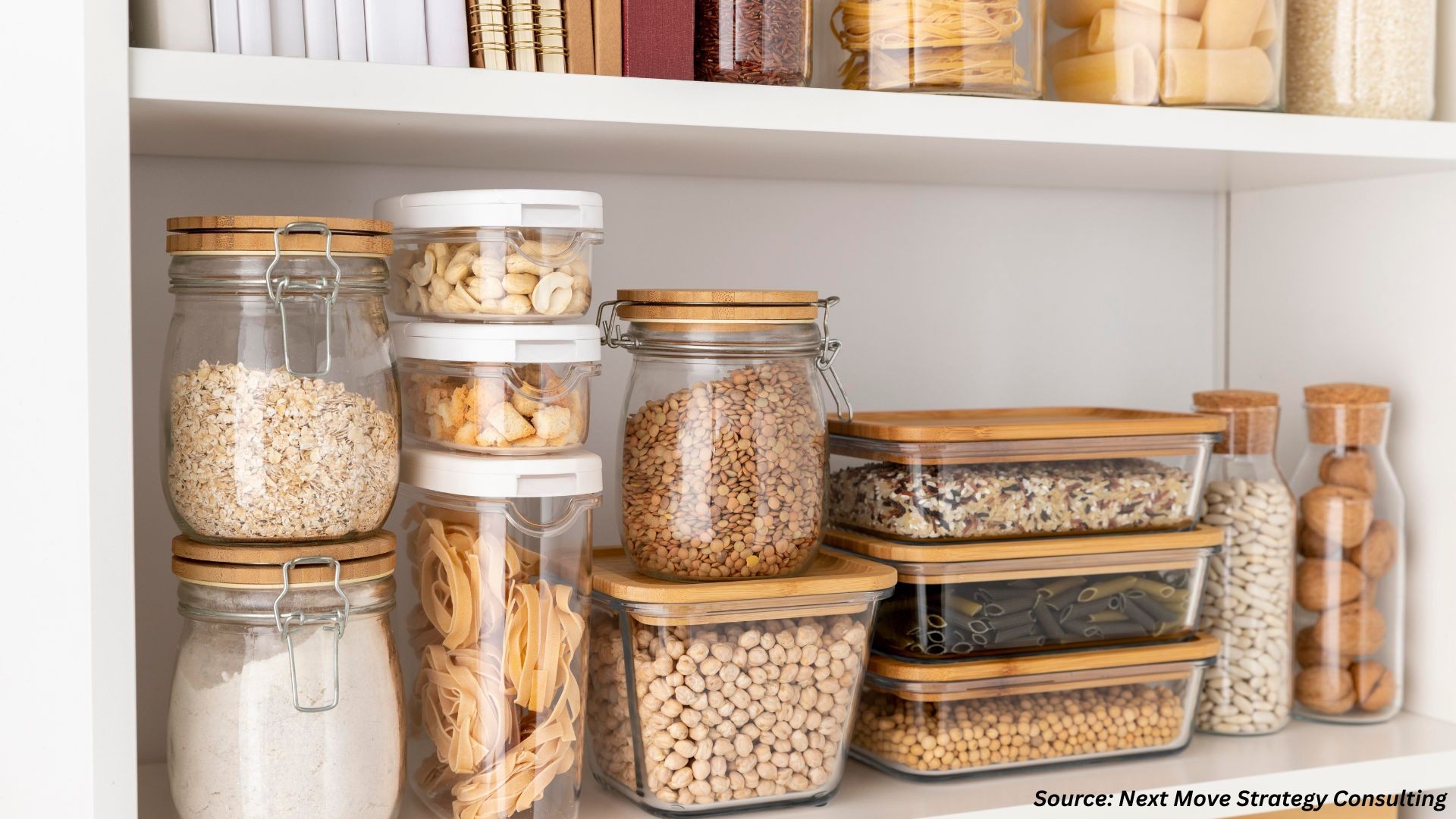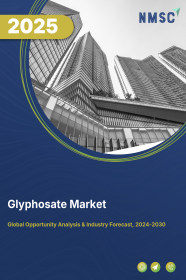
Glyphosate Market by Process (IDA process and Glycine process), by Crop Type (Genetically Modified, Conventional, Cereals and Grains, Oilseeds and Pulses, Fruits and Vegetables, Turf and Ornamentals and Others), by form (Liquid and Dry), by Type (Soluble Liquid (SL) Glyphosate Herbicide, Soluble Powders (SP) Glyphosate Herbicide and Soluble Granules (SG) Glyphosate Herbicide) and Others - Global Opportunity Analysis and Industry Forecast 2024 – 2030
Market Definition
The Glyphosate Market size was estimated to be USD 10.06 billion in 2024 and is predicted to reach USD 15.73 billion by 2030 with a CAGR of 0.066% from 2022-2030.
Glyphosate is a non-selective chemical named N-(phosphonomethyl) glycine. It is composed of monoammonium salt, diammonium salt, isopropylamine salt, potassium salt, sodium salt, and trimethyl sulfonium or trimesium salt. It is an organophosphorus compound that is used as a herbicide to protect crops. These are broad-spectrum systemic herbicides and crop desiccant that increases crop yield. Glyphosates can also provide protection against fungal and spore diseases. The glyphosates are mainly used to kill weeds such as chickweed, barnyard grass, dandelion, and other weeds.
Market Dynamics and Trends
The demand for glyphosate is due to high demand for food grains that leads to increased use of herbicides and pesticides. Also, factors such as pre-plantation practices and increasing modern agricultural practices including intensive farming, organic farming, and sustainable agriculture that increase the use of herbicides are expected to propel the growth of the market.
In addition, increasing demand for Genetically Modified Organisms (GMO) grass in turf, gardens, playgrounds, lawns, and stadiums require glyphosate for their maintenance and prevention against harmful bacteria and fungi which in turn boosts the growth of glyphosate market. Moreover, commercialization of GE-HT (Genetically Engineered Herbicide-Tolerant) crops along with increasing use of agricultural and non-agricultural applications of glyphosate that includes protection of homely plants further drive the growth of the glyphosate market during the forecast period.
However, glyphosate-based herbicides and pesticides may lead to various side effects such as cancer and asthma along with low awareness regarding the manufacturing procedure are the factors that are expected to restrain the growth of market during the forecast period. On the other hand, rising advancements such as tissue culture and totipotency in development of genetically engineered crops is increasingly using broad-spectrum pesticides that is expected to create ample growth opportunities for the market in the upcoming years.
Market Segmentations and Scope of the Study
The glyphosate market size has been segmented based on process, crop type, form, type, application, and geography. On the basis of process, the market is segmented into ida process and glycine process. Based on the crop type, the industry is classified into genetically modified, conventional, cereals and grains, oilseeds and pulses, fruits and vegetables, turf and ornamentals and others. Based on form, the market is divided into liquid and dry. Based on type, they are classified into soluble liquid (SL) glyphosate herbicide, soluble powders (SP) glyphosate herbicide, and soluble granules (SG) glyphosate herbicide. On the basis of application, the market is bifurcated into spraying, dusting, soil treatment and others. The geographic breakdown and analysis of each of the aforesaid segments includes regions comprising of North America, Europe, Asia-Pacific, and ROW.
Geographical Analysis
North America holds the lion share of the glyphosate market at present and is expected to boost the market growth during the forecast period. This is attributed to factors such as increasing practice of soil treatment in North America to increase crop yield along with rapid increase in the demand for liquid herbicides in this region. For instance, in November 2021, Corteva Agriscience announced the successful launch of the new selective herbicide named as Milestone in USA. There are several attributes of Milestone such as control of conifers and weeds that benefit forage brassica growers. It also includes the combination and concentration of aminopyralid and clopyralid, which provides effective control of a wide spectrum of weeds commonly found in forage brassica under both cultivated and direct drill scenarios. Also, the rising demand for cereals and grains, oilseeds and pulses, along with fruits and vegetables boost the growth of the glyphosate market.
In addition, presence of several herbicide manufacturers such as Interstate Products, Inc., American Industries Inc., and Freedom Weeder Company further drives the growth of the market in this region. For instance, in January 2020, Freedom Weeder Company (FMC) launched Authority Edge herbicide. This wasc a new preplant and preemergence herbicide for the 2020 growing season. The U.S. Environmental Protection Agency (EPA) registration had granted the use of Authority Edge herbicide for use in soybeans, sunflowers and dry shelled peas, and chickpeas.
Asia Pacific is expected to show a steady rise in the glyphosate market owing to rising growth of population that increases the demand for food crops in this region. Also, Asia-Pacific region encounters several crop disasters such as locust and plague attacks that increases the use of herbicides for crop protection which in turn increases the demand for glyphosate herbicides.
In addition, rising public health initiatives due to growing instances of disease outbreaks, technological advancements in herbicide formulations along with the increasing number of commercial and residential projects also drive the glyphosate market growth in this region. For instance, in March 2020, North municipal body of Delhi had used drone to spray disinfectant in slum areas of Delhi. This project was related to spraying disinfectant liquid over congested slums and unauthorized colonies in the Shakur Basti area of the Keshavpuram municipal zone using a special “corona combat drone.”
Competitive Landscape
The glyphosate market comprises of various players such as Bayer AG, Wynca USA,BASF SE,Sygenta, Zhejiang Jinfanda Biochemical, Rainbow Chemical ,NUFARM Limited,UPL Limited,Adama Agricultural Solutions,Aristo Bio-tech and Lifescience Ltd. These market players are adopting several strategies such as product launches and announcements across various regions to maintain their dominance in the glyphosate market.
For instance, in September 2021, Syngenta launched a glyphosate product named as Kesuda Isopropylamine salt of N-glycine 41%. This product was a breakthrough to the bottlenecks of conventional glyphosate of instability at low temperature, slowing dying of weeds and unthorough weeding. Also, in March 2021, Bayer launched Vynyty Citrus. This newly launched product was the latest biological and pheromone-based crop protection product that aimed to control pests.
Key Benefits
-
The glyphosate market report provides the quantitative analysis of the current market and estimations through 2021-2030 that assists in identifying the prevailing market opportunities to capitalize on.
-
The study comprises a deep dive analysis of the glyphosate market trend including the current and future trends for depicting the prevalent investment pockets in the market.
-
The information related to key drivers, restraints and opportunities and their impact on the glyphosate market is provided in the report.
-
The competitive analysis of the market players along with their market share in the glyphosate market
-
The SWOT analysis and Porters Five Forces model is elaborated in the study.
-
Value chain analysis in the market study provides a clear picture of the stakeholders’ roles.
Key Market Segments
By Process
-
IDA process
-
Glycine process
By Crop Type
-
Genetically Modified
-
Conventional
-
Cereals and Grains
-
Oilseeds and Pulses
-
Fruits and Vegetables
-
Turf and Ornamentals
-
Others
By Form
-
Liquid
-
Dry
By Type
-
Soluble Liquid (SL) Glyphosate Herbicide
-
Soluble Powders (SP) Glyphosate Herbicide
-
Soluble Granules (SG) Glyphosate Herbicide
By Application
-
Spraying
-
Dusting
-
Soil Treatment
-
Others
By Geography
-
North America
-
U.S.
-
Canada
-
Mexico
-
-
Europe
-
UK
-
Germany
-
France
-
Russia
-
Rest of Europe
-
-
Asia-Pacific
-
China
-
India
-
Japan
-
Australia
-
Rest of Asia-Pacific
-
-
RoW
-
Latin America
-
Middle east
-
Africa
-
KEY PLAYERS
-
Bayer AG
-
Wynca USA
-
BASF SE
-
Sygenta
-
Zhejiang Jinfanda Biochemical
-
Rainbow Chemical
-
NUFARM Limited
-
UPL Limited
-
Adama Agricultural Solutions
-
Aristo Bio-tech and Lifescience Ltd




















 Speak to Our Analyst
Speak to Our Analyst



